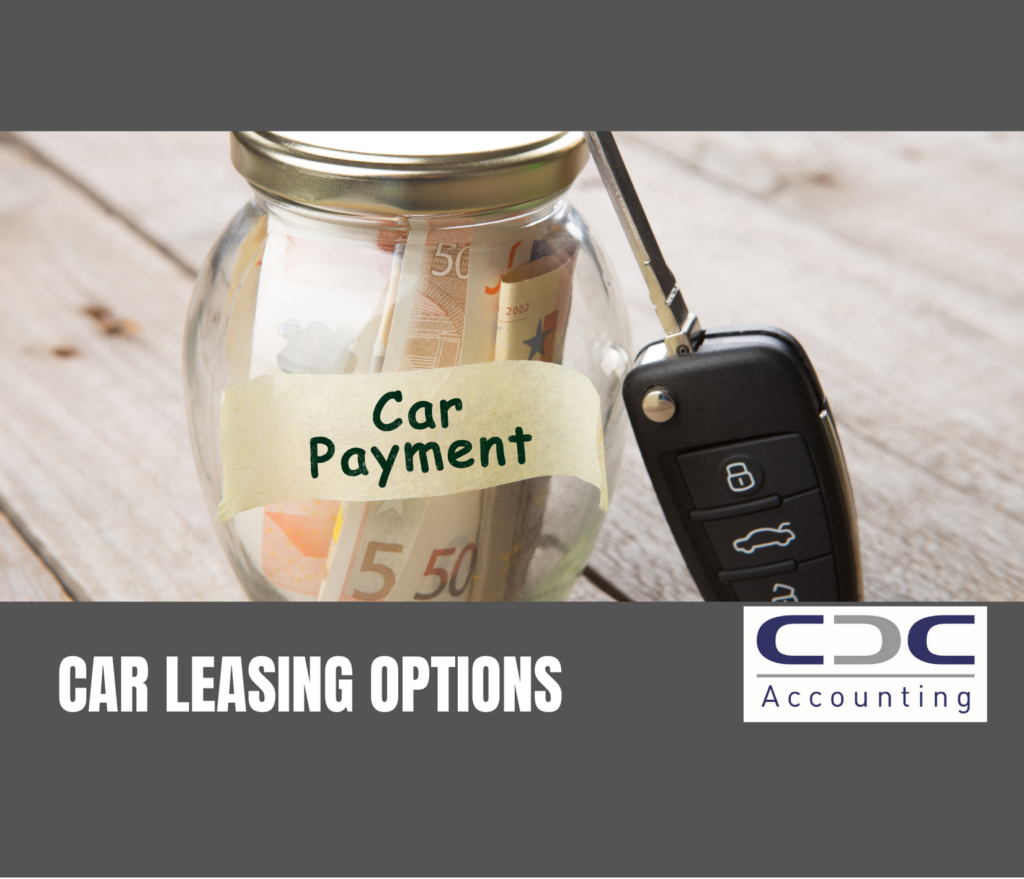Business leasing is a vehicle agreement between an established business and a finance company. Just like personal leasing, you chose a vehicle (or a fleet of vehicles), pay the deposit, agree on a monthly payment and drive away.
Car Leasing has become one of the easiest and most appealing ways to have access to a vehicle without any of the hassle of owning it. Not having to think about road tax and general maintenance can also save you money and time.
Its well worth noting that if you lease a vehicle exclusively for commercial use, you can claim back 100% of the VAT. Even if the car is used as a private vehicle you can still reclaim at least 50%.
Here we explore the different contract types.
There are four main types of Business leasing
Business contract hire (BCH)
A Business contract hire agreement is a long-term contract which allows a business to lease a vehicle, of typically between 24 and 60 months. At the end of the contract the vehicle is returned.
The Business contract hire payments are a set monthly amount over an agreed period. Your monthly payments cover the depreciation costs of your vehicle. The monthly payments are calculated by the contract hire company who will use the value of the vehicle now and the predicted value at the end of the agreement, or it guaranteed minimum future value (GMFV). There will be no further payments once the vehicle is returned as long as its within the agreed mileage and wear & tear guidelines.
Business Contract Purchase (BCP)
Business Contract Purchase is much the same as a BCH. Your monthly payments cover the depreciation of the vehicle over the agreement duration. However, at the end of the of the term you have three options
- Return your car/cars (fleet)
- Buy the car/fleet
- Part exchange for a new car/fleet
If you decide to buy, then you will have to make a final payment known as a balloon payment. This payment is determined by the GMFV. If you chose to part exchange the vehicle and its worth more than the GMFV, the difference can go towards a deposit on a new lease.
Hire Purchase (HP)
Hire purchase is a way of financing a new or used car. Usually you pay a deposit and then monthly installments will pay off the difference. The loan is usually secured against the car, so you do not actually own the car until you have made your last payment. HP monthly payments are often higher than PCP and other leasing deals so its worth exploring these options before heading down the HP route.
Lease Purchase (LP)
Lease purchase is a form of conditional sale agreement. it involves making monthly payments and then there is a balloon payment which is usually deferred to the end. This final payment is usually determined by the age and mileage of the vehicle at the end of the agreement. BCP’s are usually preferred over LP as you have the option to buy/return or part exchange, whereas with the LP, you must buy the vehicle or part exchange it.
The benefits of leasing over buying a car range from
- Low initial rental
- fixed costs for ease of accounting and budgeting
- Lower risk from depreciation as the depreciation amount is agreed at the start
- and no unexpected costs, as long as you return the car within agreed mileage and wear and tear usage, then you owe nothing further.
And of course, do not forget the zero VAT if you are using the vehicle purely for business use.
If you want any advise on vehicle leasing or purchasing, drop us an email HERE, and we’ll be happy to help

